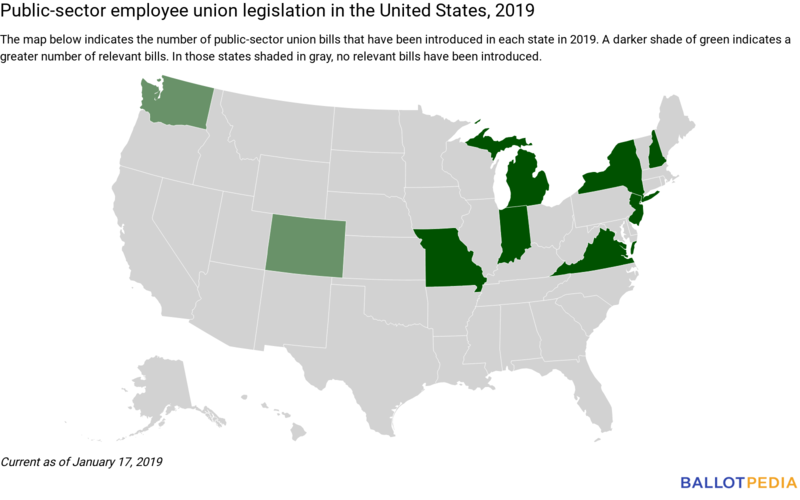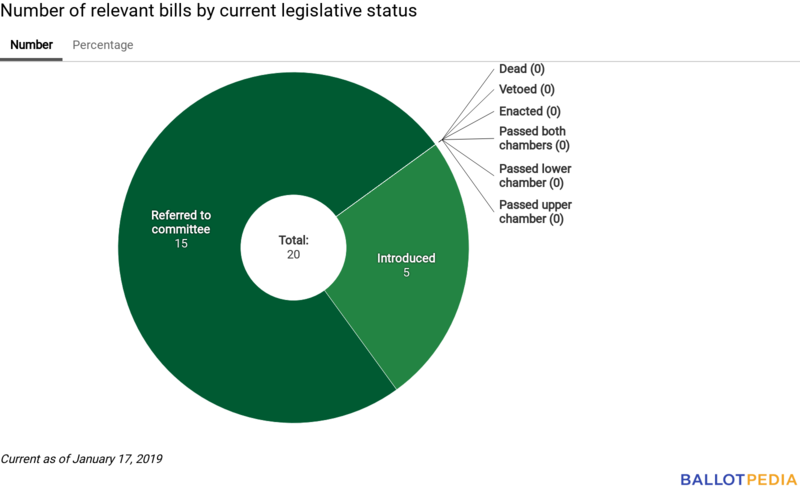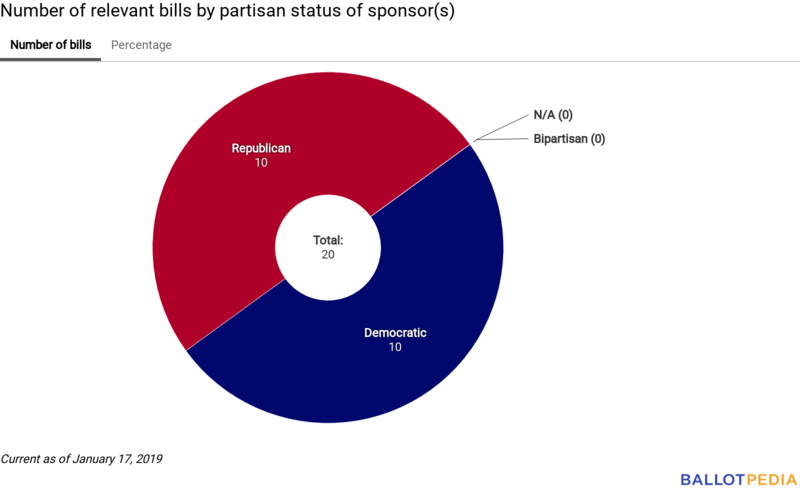Union Station: January 18, 2019
On June 27, the Supreme Court issued its 5-4 ruling in Janus v. American Federation of State, County, and Municipal Employees (Janus). The court ruled that public sector unions cannot require non-member employees to pay agency fees to cover the costs of non-political union activities. This week, we take a closer look at a Minnesota lawsuit, recently settled out of court, involving union resignation restrictions.
Minnesota union settles lawsuit challenging union resignation restrictions
On Jan. 14, the International Brotherhood of Electrical Workers (IBEW) settled a suit challenging the union's resignation restrictions. (Sources: National Right to Work Legal Defense Foundation, Washington Examiner)
- Who were the parties to the suit? Sandra Anderson, a clerk for the Brainerd Police Department, filed the lawsuit against IBEW Local 31. Anderson’s attorney was the National Right to Work Legal Defense Foundation, which also represented the plaintiff in Janus.
- What was at issue? Citing Janus, Anderson instructed IBEW to cease withholding dues from her paychecks. IBEW officials denied her request. The union told Anderson members could only resign from the union and cease dues payments: 1) during a 10-day period before the expiration of the current collective bargaining agreement, or 2) a 10-day period preceding the employee's anniversary date for first authorizing dues deductions. As part of the settlement, IBEW agreed to refund the dues Anderson paid after she instructed IBEW to cease withholding. IBEW officials also confirmed her resignation from the union.
- What are the parties to the suit saying?
- National Right to Work Foundation President Mark Mix said, "Ms. Anderson is the first of thousands of government employees to successfully challenge union boss ‘window period’ schemes designed to limit workers from exercising their First Amendment rights under Janus. This victory serves as an inspiration for civil servants across the country who are stepping up to challenge union bosses’ coercive tactics to limit public employees’ constitutional rights."
- As of Jan. 18, IBEW officials had made no public comment on the settlement.
How unions have responded to Janus
In a Jan. 10 In These Times piece, several public-sector union officials discussed their unions' actions in anticipation of, and in response to, Janus.
- Efforts to expand and/or consolidate membership: In 2015, in anticipation of a Supreme Court ruling in Friedrichs v. California Teachers Association (another case questioning the constitutionality of agency fees) AFSCME launched a membership expansion program called AFSCME Strong. According to AFSCME, nearly 200,000 agency fee-payers became full union members in the years leading up to Janus. The National Education Association initiated the New Ed Campaign, a program similar to AFSCME Strong. According to Tom Israel, NEA director of state affiliate growth, "[t]housands of fee-payers thought they were actually full members and happily converted."
- Litigation: According to Robert Bruno, a professor at the University of Illinois at Urbana-Champaign School of Labor and Employments, Janus "could be a way [for unions] to look for additional legal rights." For instance, the International Union of Operating Engineers Local 150 has filed a suit arguing that Illinois laws requiring unions to represent non-members violate unions' First Amendment associational rights.
The complete article can be accessed here.
The big picture
2019 session preview: Legislatures in 47 states will convene this month. For a complete list session start and end dates, please click here.
Number of relevant bills by state
So far this year, we have tracked 20 pieces of legislation dealing with public-sector employee union policy. On the map below, a darker shade of green indicates a greater number of relevant bills. Click here for a complete list of all the bills we're tracking.
Number of relevant bills by current legislative status
Number of relevant bills by partisan status of sponsor(s)
Recent legislative actions
Below is a complete list of legislative actions on relevant bills since the beginning of the year. Bills are listed in alphabetical order, first by state and then by bill number.
- Colorado HB1101: This bill would prohibit employers from requiring employees to become union members or pay union dues/fees as a condition of employment.
- Introduced Jan. 14 and referred to the State, Veterans, & Military Affairs Committee.
- Michigan HB4033: This bill would specify that no state law prohibits a public employer from requiring employees, as a condition of employment, to pay service fees to the union representing the employees of that collective bargaining unit.
- Introduced Jan. 15 and referred to the Government Operations Committee.
- Michigan HB4034: This bill would establish the right of public employers to enter into all-union agreements with labor organizations.
- Introduced Jan. 15 and referred to the Government Operations Committee.
- Missouri SB240: This bill would bar counties from requiring that employees become, remain, or refrain from becoming union members as a condition of employment. The act would only apply to those counties that opt-in via approval of a ballot question.
- Introduced Jan. 14.
- New Hampshire SB18: This bill would allow public employees to authorize voluntary wage deductions for insurance or employee benefits offered in conjunction with the employees' membership in a recognized union.
- Introduced Jan. 14 and referred to the Commerce Committee.
- New Hampshire SB19: This bill would prohibit disclosure of information regarding a public employee's home address, email address, or phone number. An exemption would be made for unions.
- Introduced Jan. 14 and referred to the Commerce Committee.
- New Hampshire HB622: This bill would prohibit collective bargaining agreements requiring employees to join or contribute to a union.
- Introduced Jan. 16 and referred to the Labor, Industrial, and Rehabilitative Services Committee.
- New York S01165: This bill would require the Niagara Frontier Transportation Authority, the Rochester-Genesee Regional Transportation Authority, the Capital District Transportation Authority and the Central New York Regional Transportation Authority and their employees to submit all unresolvable contract negotiations to binding arbitration.
- Introduced Jan. 11 and referred to the Civil Service and Pensions Committee.
- Washington SB5169: This bill would expand the definition of unfair labor practices as they relate to the interaction of public employers and state contractors with labor unions.
- Introduced Jan. 15 and referred to the Labor and Commerce Committee.
See also
| |||||||||||||||||||||||





